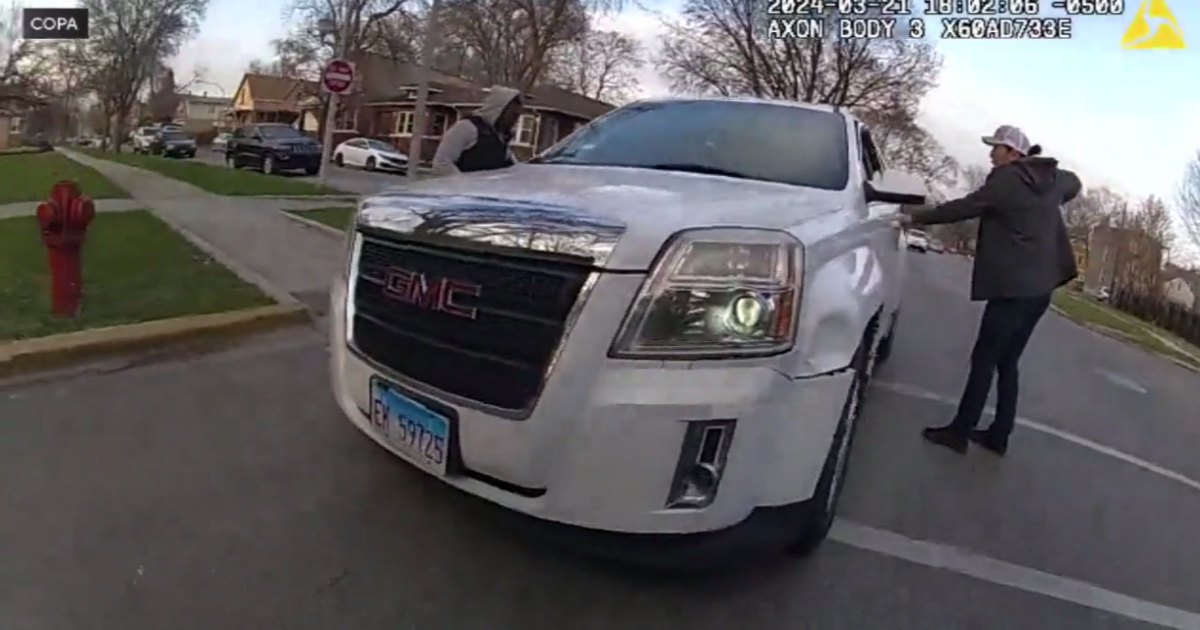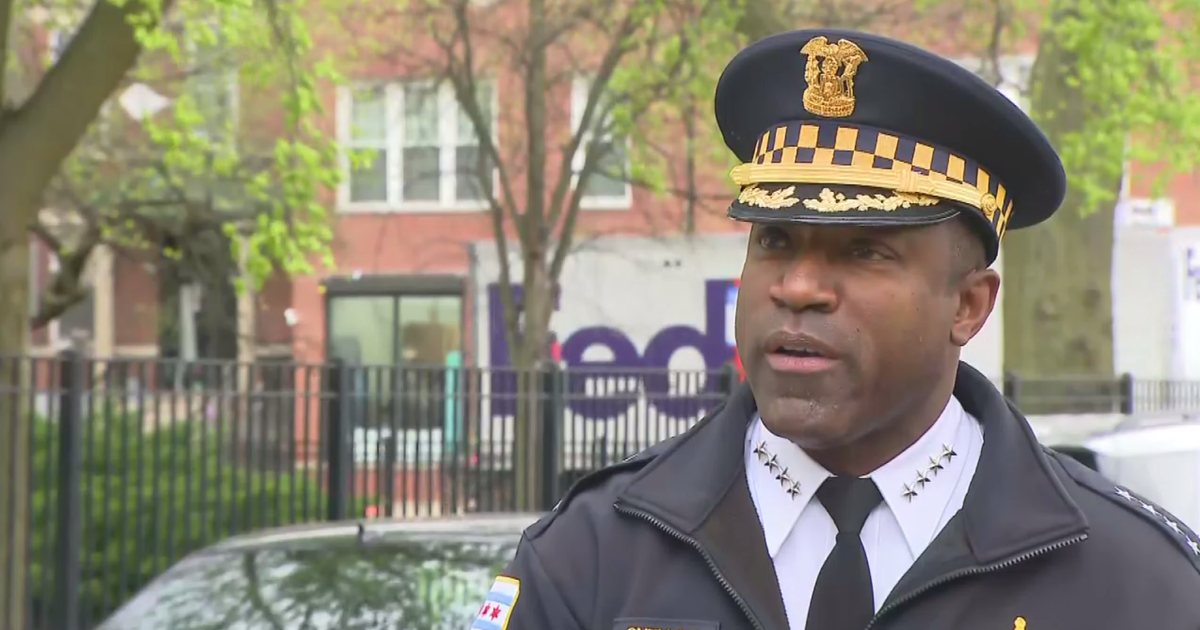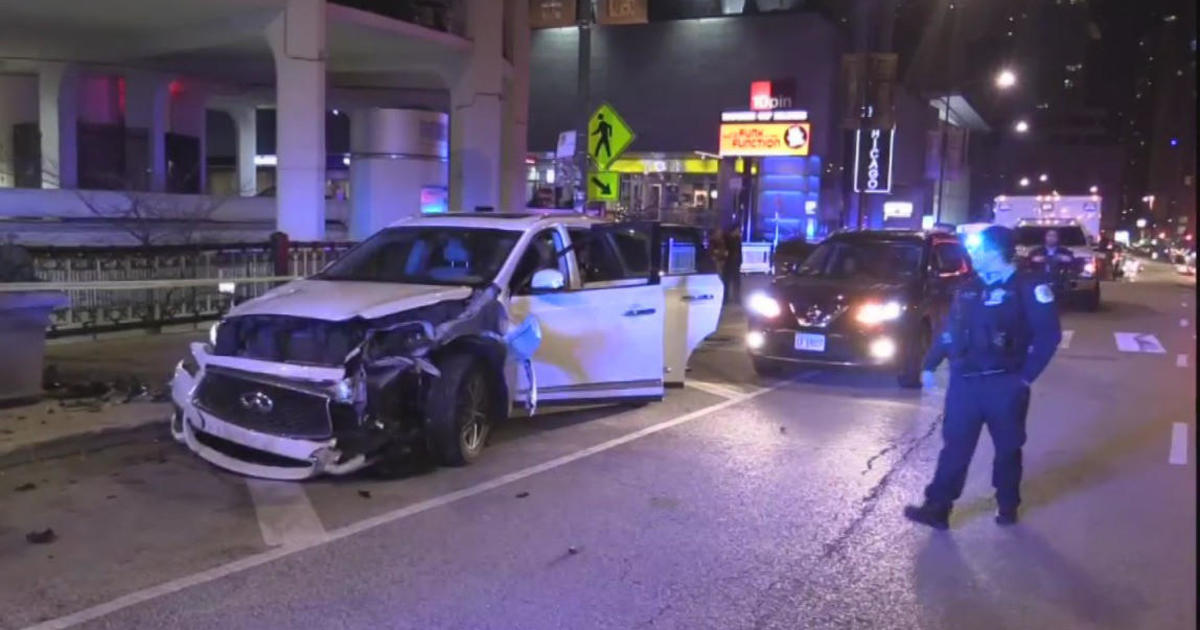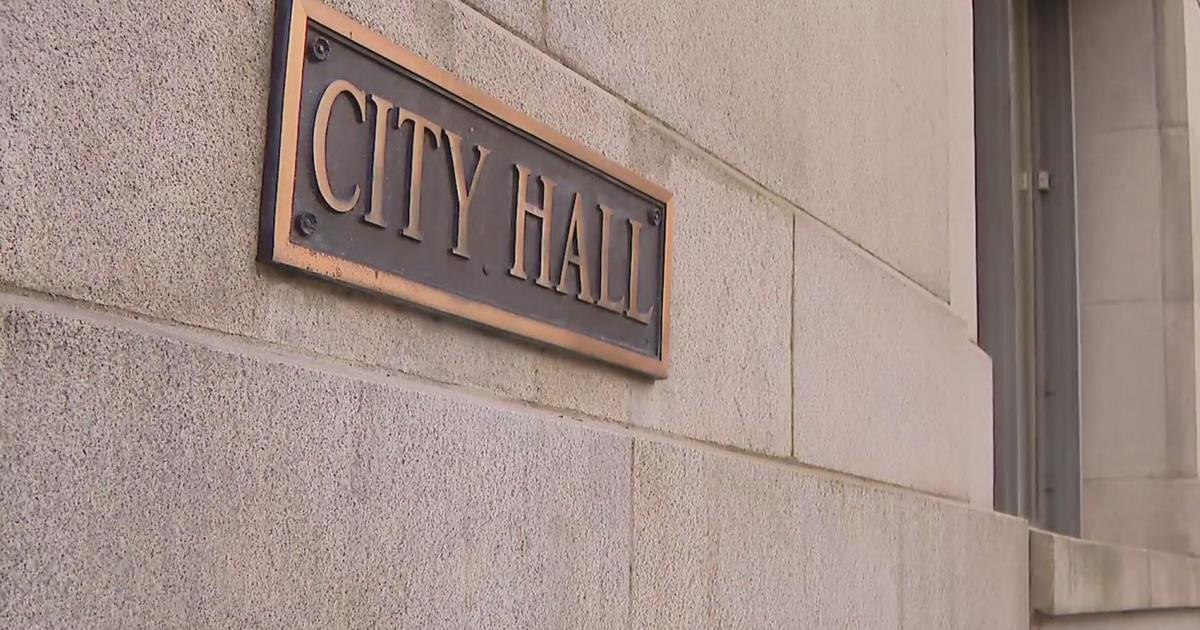Unlike Minneapolis, Chicago Police Policy Considers Neck Pressure Applied To George Floyd 'Deadly Force'
CHICAGO (CBS) – The police tactic that led to the death of George Floyd in Minneapolis is forbidden in the City of Chicago—a change in policy made in 2017.
CBS 2 Investigator Megan Hickey found the knee restraint maneuver is viewed very differently from department to department. Use of force experts said Chicago's policy could be an example for other departments going forward.
Cell phone video shows 46-year-old George Floyd handcuffed, lying on his stomach as the Minneapolis police officer presses his knee down on Floyd's neck for nearly eight minutes. Floyd is heard pleading, "I can't breathe."
Use of force experts like David Harris and Scott DeFoe seem to be in agreement on this one.
"Four minutes after he seems to have passed out, there's just no good reason for that," said Harris, a law professor at the University of Pittsburgh. The officer in the video, Derek Chauvin has been charged with third-degree murder and manslaughter.
Scott Defoe, a retired SWAT sergeant explains the standard operating procedure: "We want him in a recumbent position, which is basically on his side which opens up the airway and allows that person to breathe."
The Minneapolis Police Department does not have a specific policy against it. In fact, it considers the use of certain types of neck pressure: "a type of less than lethal force."
That is where Minneapolis Police policy differs from Chicago's--at least, as of 2017. The newer use of force policy says that any applying of direct pressure to a person's trachea or airway with the intention of reducing the intake of air is considered deadly force.
That policy came as a result of the sweeping reforms in the wake of the Laquan McDonald shooting. Now Chicago's policy specifically bars "sitting, kneeling, or standing on a subject's chest" after he or she has been subdued.
"This type of use of force policy puts Chicago police deptartment ahead of many others," Harris said.
Harris and DeFoe agree that other departments may soon be taking a hard look at their own policies and possibly following Chicago's lead.
"Officers need to be trained on an on-going basis about the perils of putting pressure on the back or the back of the neck as in this case," said Defoe.
Chicago's policy puts choke holds or neck pressure in the same deadly force category with firearms. Supt. David Brown has ordered that his officers undergo mandatory training on positional asphyxiation in light of this incident.



